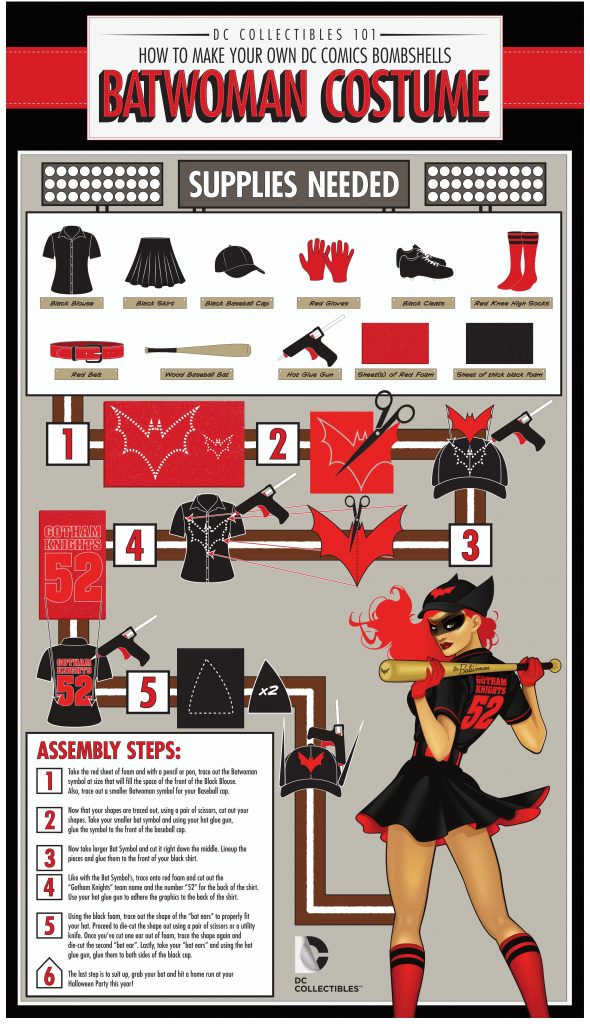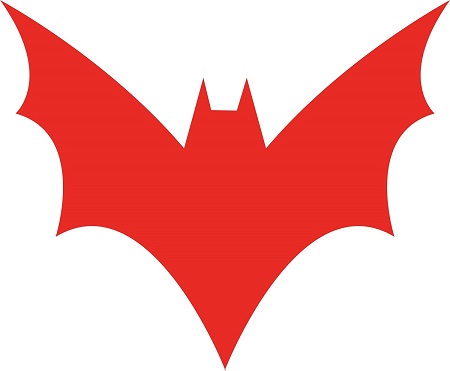Nagel (1974) takes for granted a gap between subject and object, between mind and body. He considers the mental ‘in its own right’ and wants to develop an objective phenomenology in order to understand or describe the physically basis of experience, the ‘real nature of things’.
Barad (2012) turns to “ultraqueer” critters – atoms – in order to understand how matter comes to matter in an attempt to overcome the nature/culture divide. She troubles the assumed separation between ‘the human’ and its others in a very thought liberating way.
Barad (2003) suggests that a posthumanist account questions the givenness of the differential categories of ‘human and ‘nonhuman’, and I would add, the givenness of the categories of ‘subject’ and ‘object’, examining the very practices through which these differential boundaries are stabilized and destabilized.
Thus Barad suggest that ‘the real nature of things’ is a phenomena produced by the world as ‘an ongoing open process of mattering” (Barad: 2003:817).
When Barad in the article Nature’s Queer Performativity (2012) tries to drill holes through “the encrusted layers of nonhuman impossibilities”, my focus shifts to consider: What if experience – may it be human or nonhuman – is a result of mattering?
What if the category ‘experience’ is a discursive-material result of an agential cut made between what is included and what is excluded from what is being considered?
According to Barad’s relational or agential realist ontology, everything is entangled with everything else in a deeply connected way, meaning that any act of observation makes a “cut” between what is included and excluded.
In that sense, it is interesting to ponder about the discursive-material effects of ‘batting’ – that is the practice of othering this creature as ‘more closely related to us – though ‘un-intelligent’ – as Nagel suggests that humans contemplating ‘bats’ is as difficult as it would be for ‘intelligent bats and Martians’ conceiving what it’s like to be ‘human’…
References:
Barad, K. (2012): Nature’s Queer Performativity. In Kvinder, Køn & Forskning, No. 12, 25-53
Barad, K. (2003): Posthumanist Performativity: Toward an Understanding of How Matter Comes to Matter. In Signs: Journal of Women in Culture and Society, vol. 28, No. 3


Leave a Reply
2 Comments on "Becoming Bat, becoming Woman – discursive-material matterings of the world"